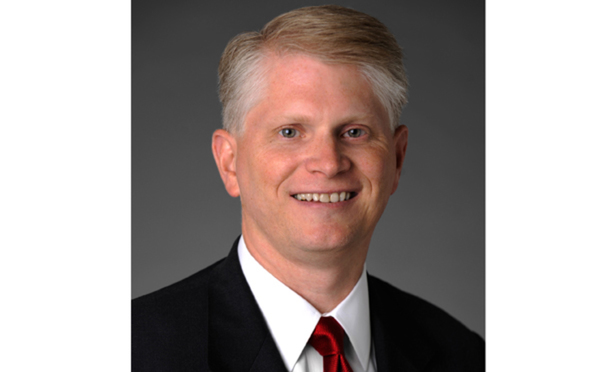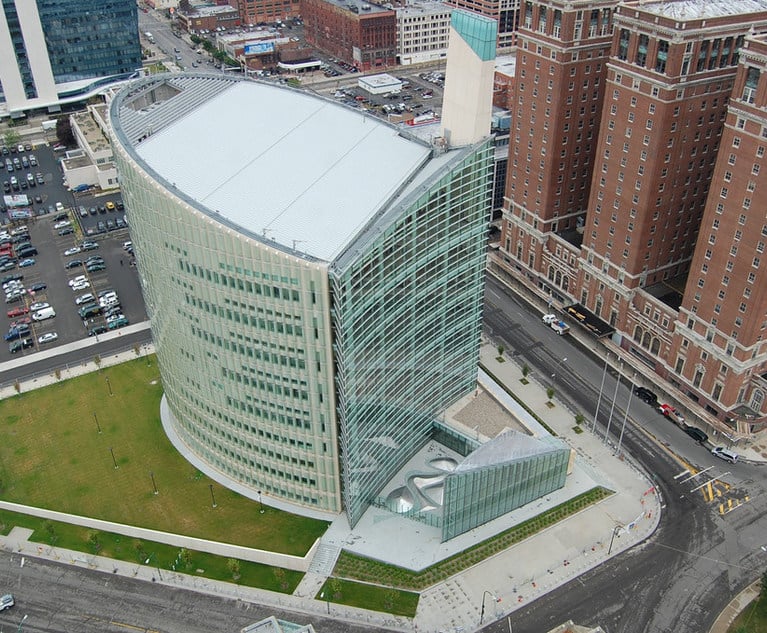A recent memo filed with the Justice Department (DOJ) by a whistleblower ex-prosecutor has called into question whether some prosecutors are abusing process in cross-border cases in an effort to extend the statute of limitations governing when charges in such cases must be brought. The practice appears to focus on the use of MLAT (mutual legal assistance treaty) requests that allow prosecutors to obtain evidence or other forms of legal assistance from a foreign entity. Typically, responses to such requests can take months or years. Accordingly, in appropriate cases, prosecutors may ask for an extension of the applicable statute of limitations for up to three years to allow time to obtain evidence necessary to make charging decisions.
But recent court cases and the DOJ whistleblower’s memo have strongly suggested that prosecutors may be purposefully and wrongfully using the MLAT request as a pretextual means of extending the statute of limitations rather than to obtain necessary evidence. This article explores the historical allegations of such misconduct, the potential for it to occur in the future, and what defense attorneys can do to protect their clients from it.


 William F. Johnson
William F. Johnson




